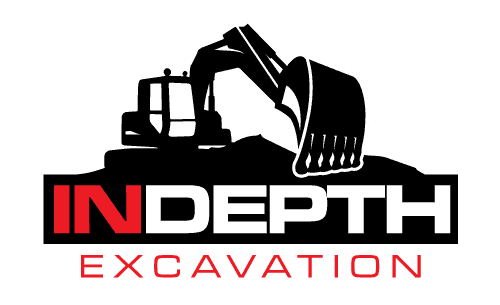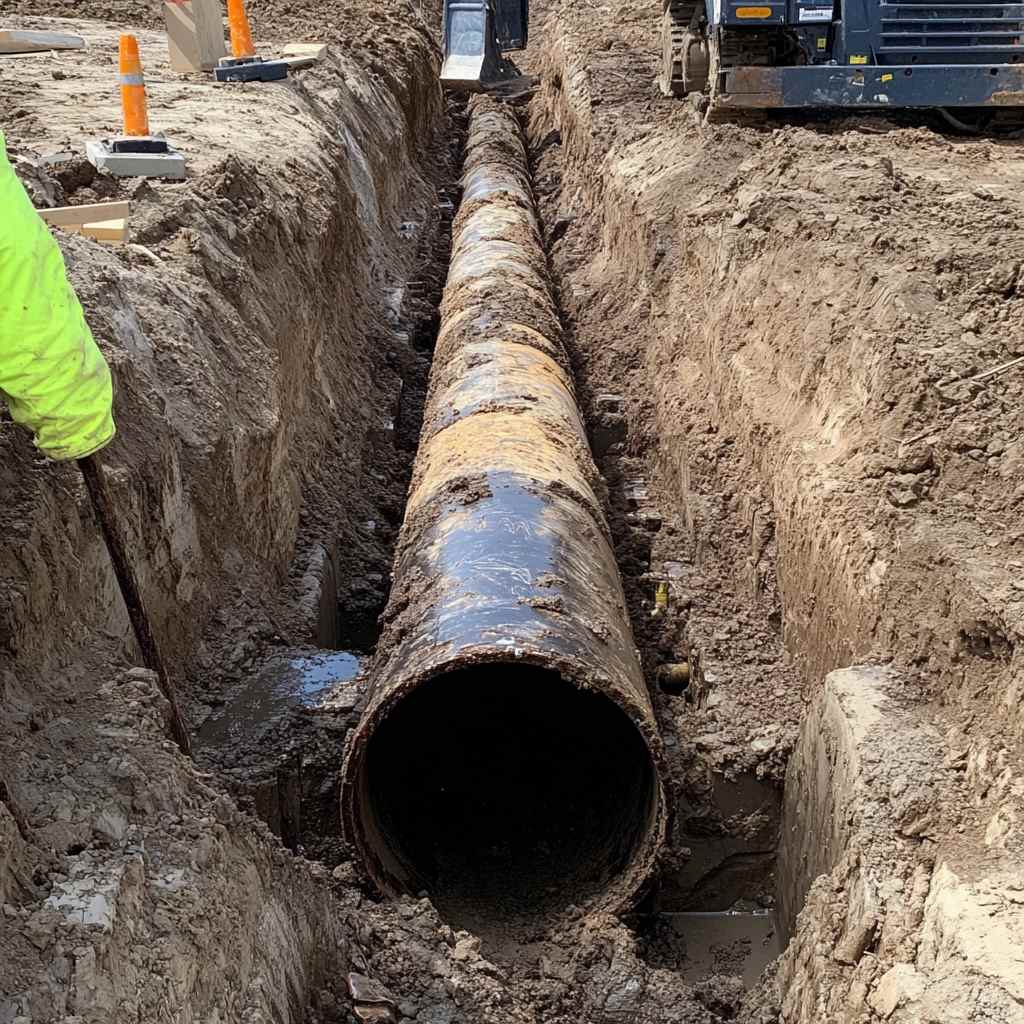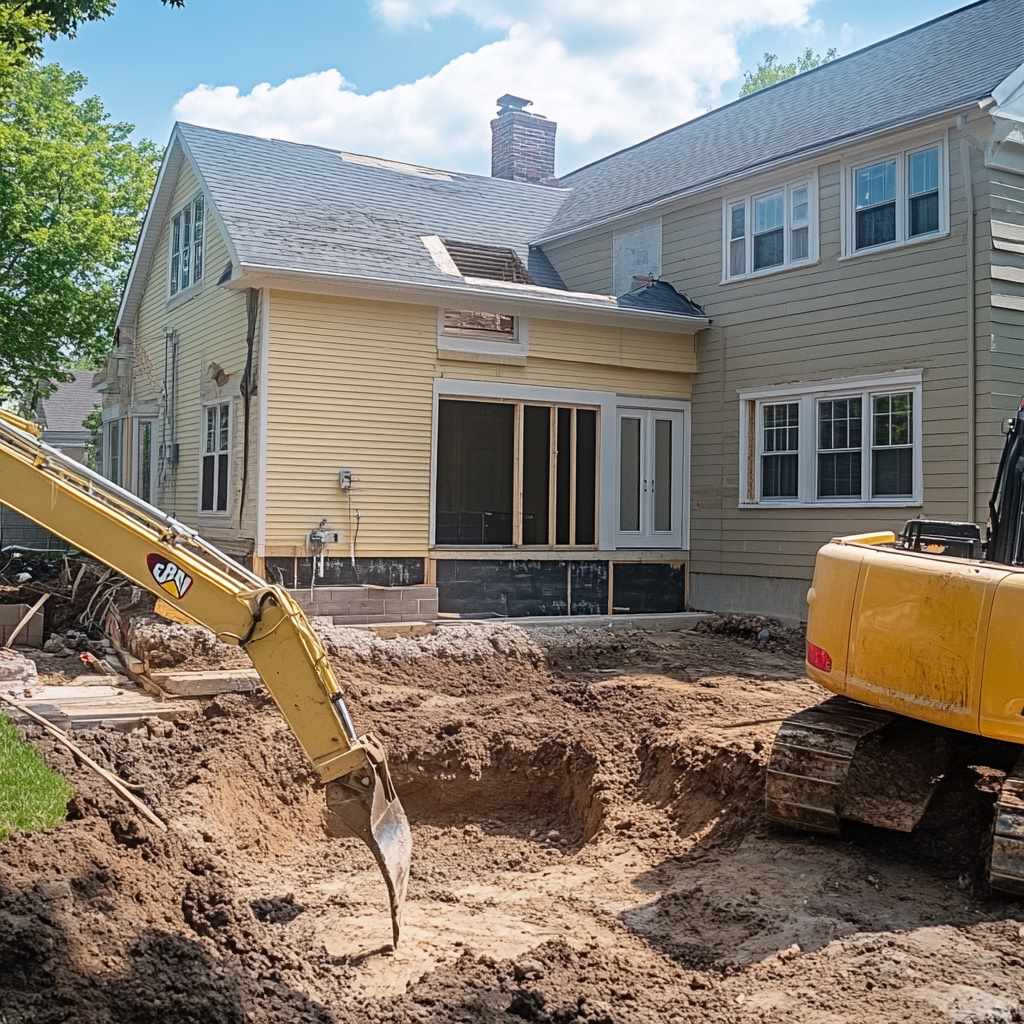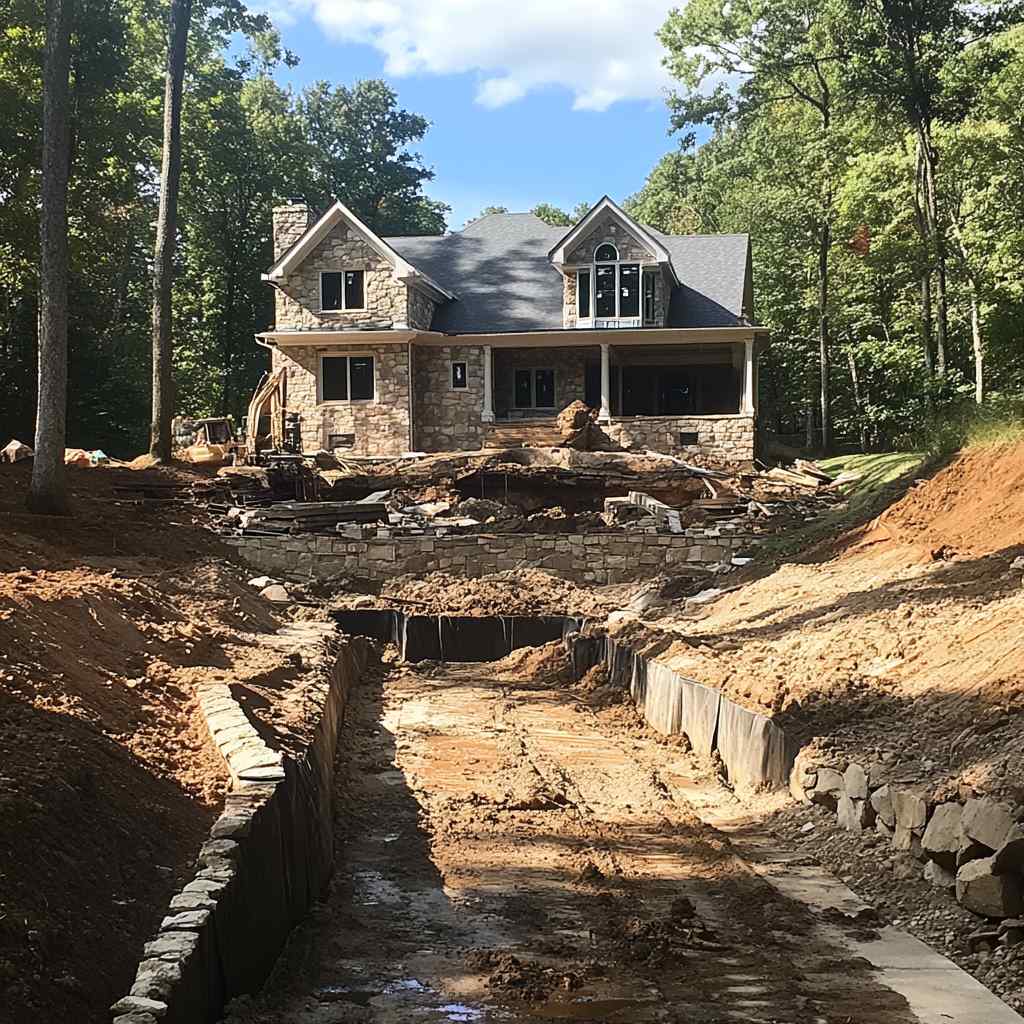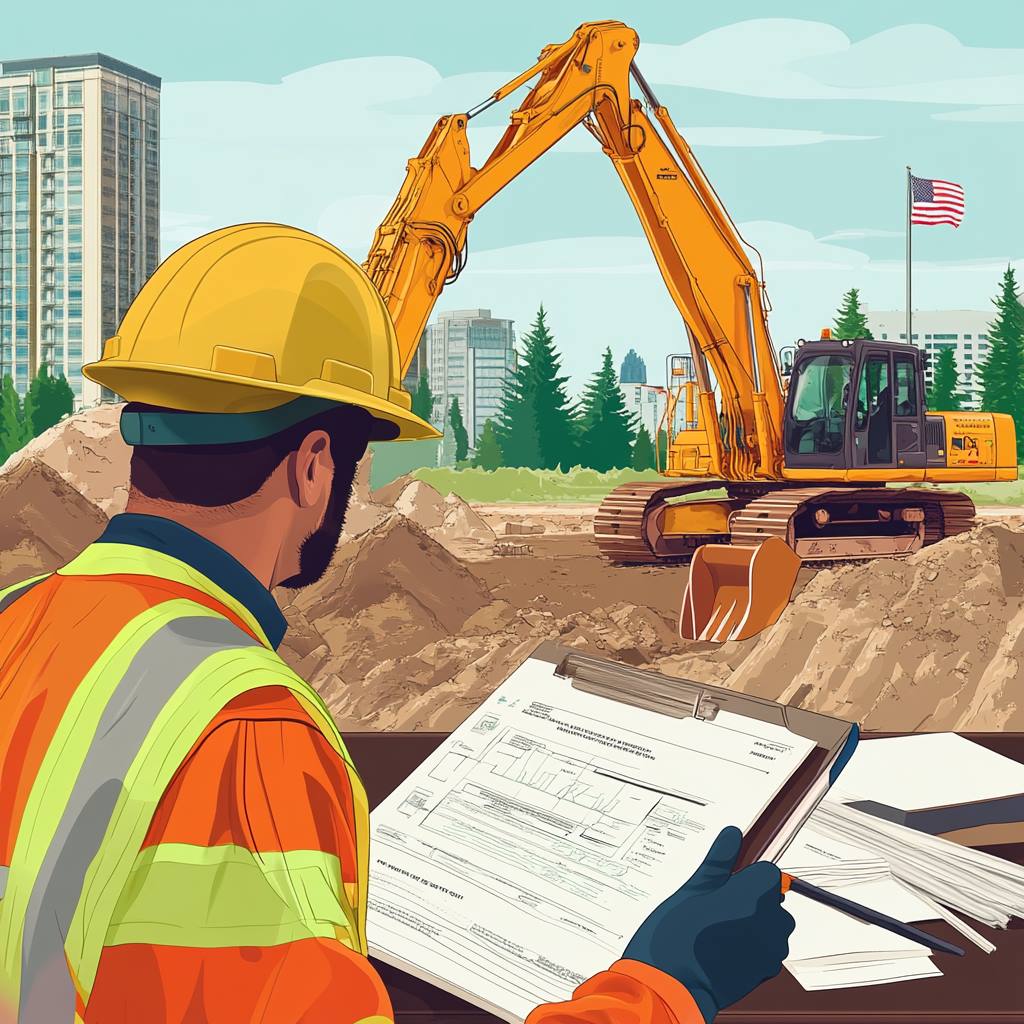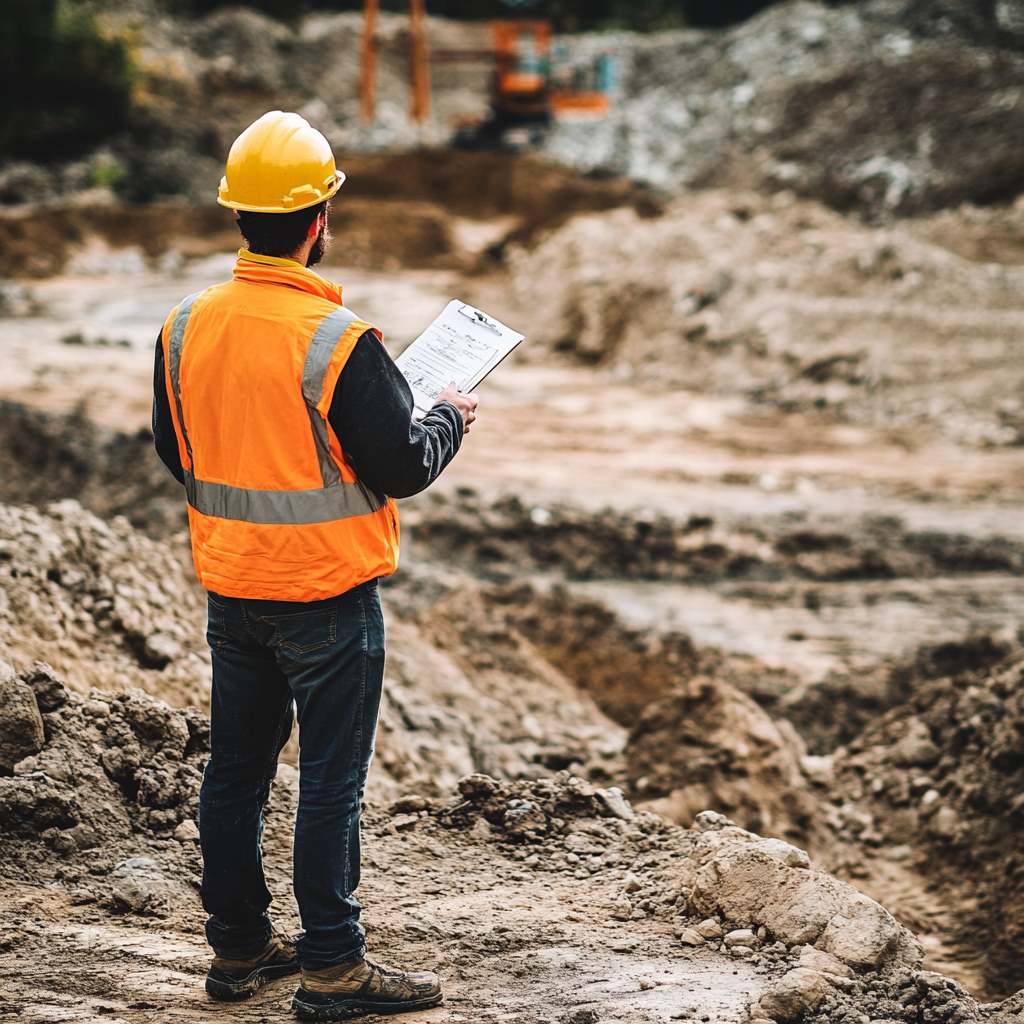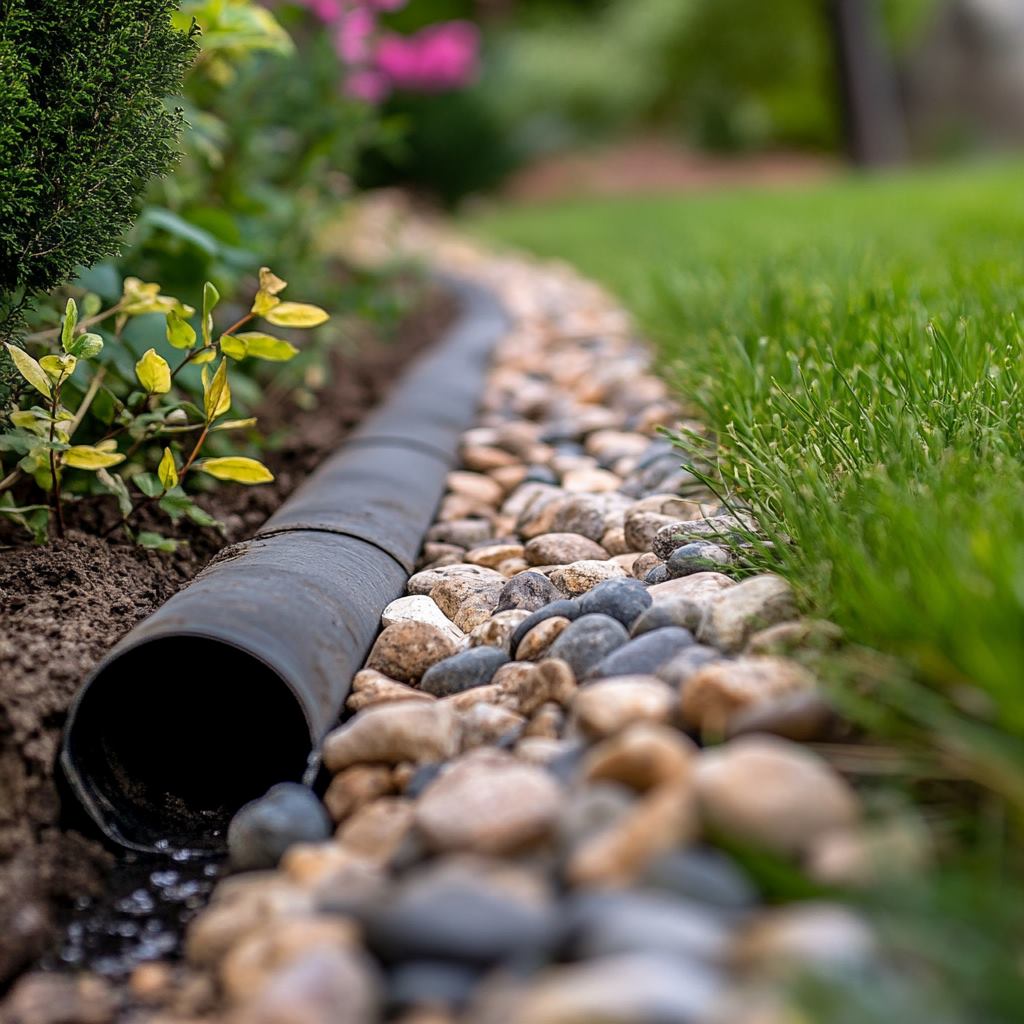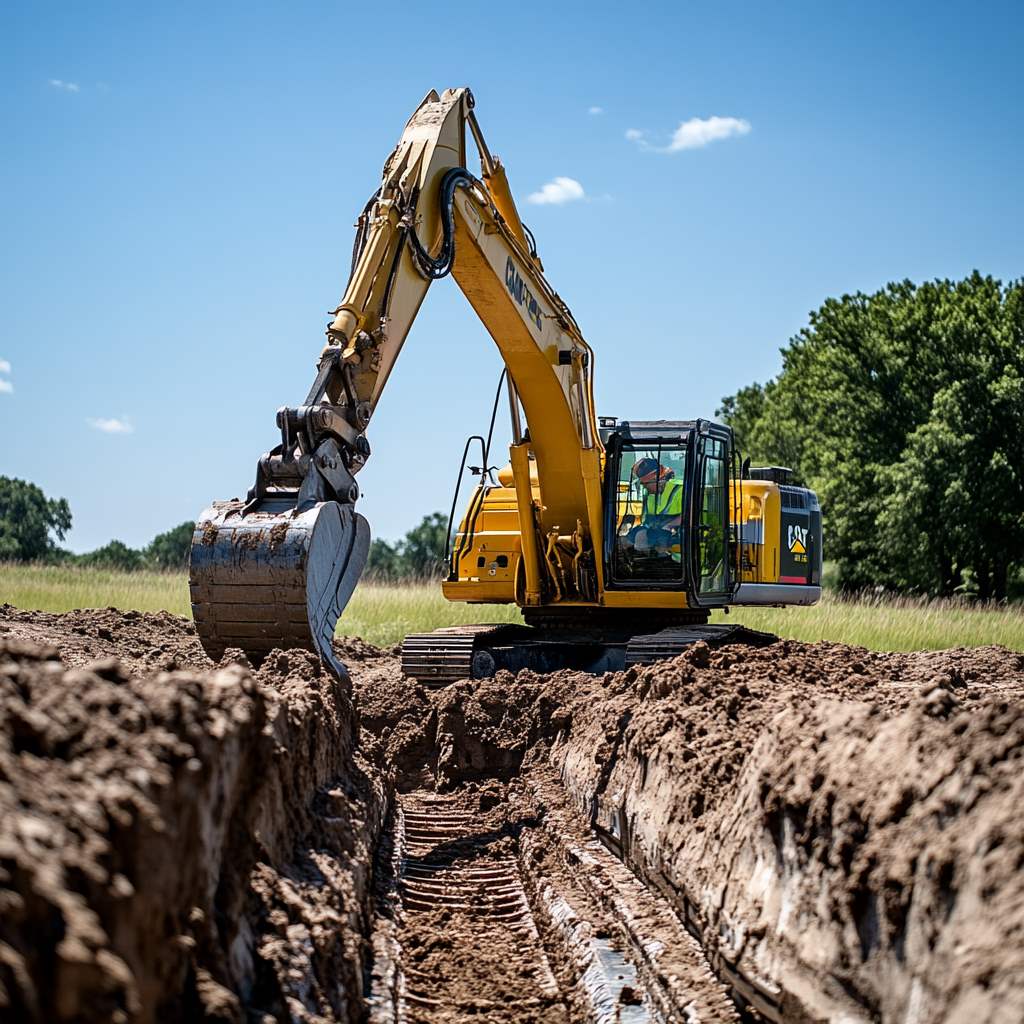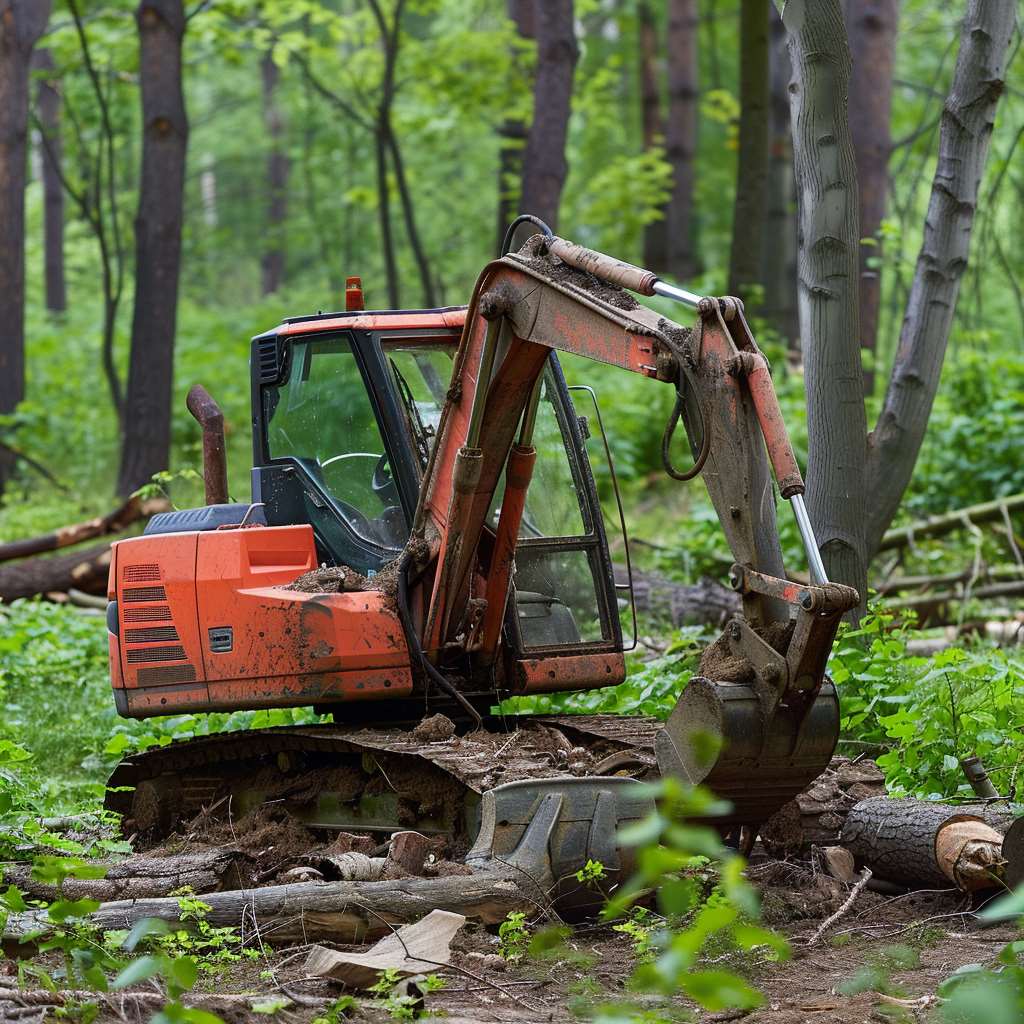The Backbone of Snohomish County’s Infrastructure
Properly installed and maintained pipelines and sewer systems are the veins of our cities. They make sure that clean water reaches our taps and wastewater is efficiently carried away, keeping our homes and businesses running smoothly.
In Snohomish County, the aging infrastructure combined with rapid growth has made specialized excavation services more critical than ever.
What Is Pipeline and Sewer Excavation?
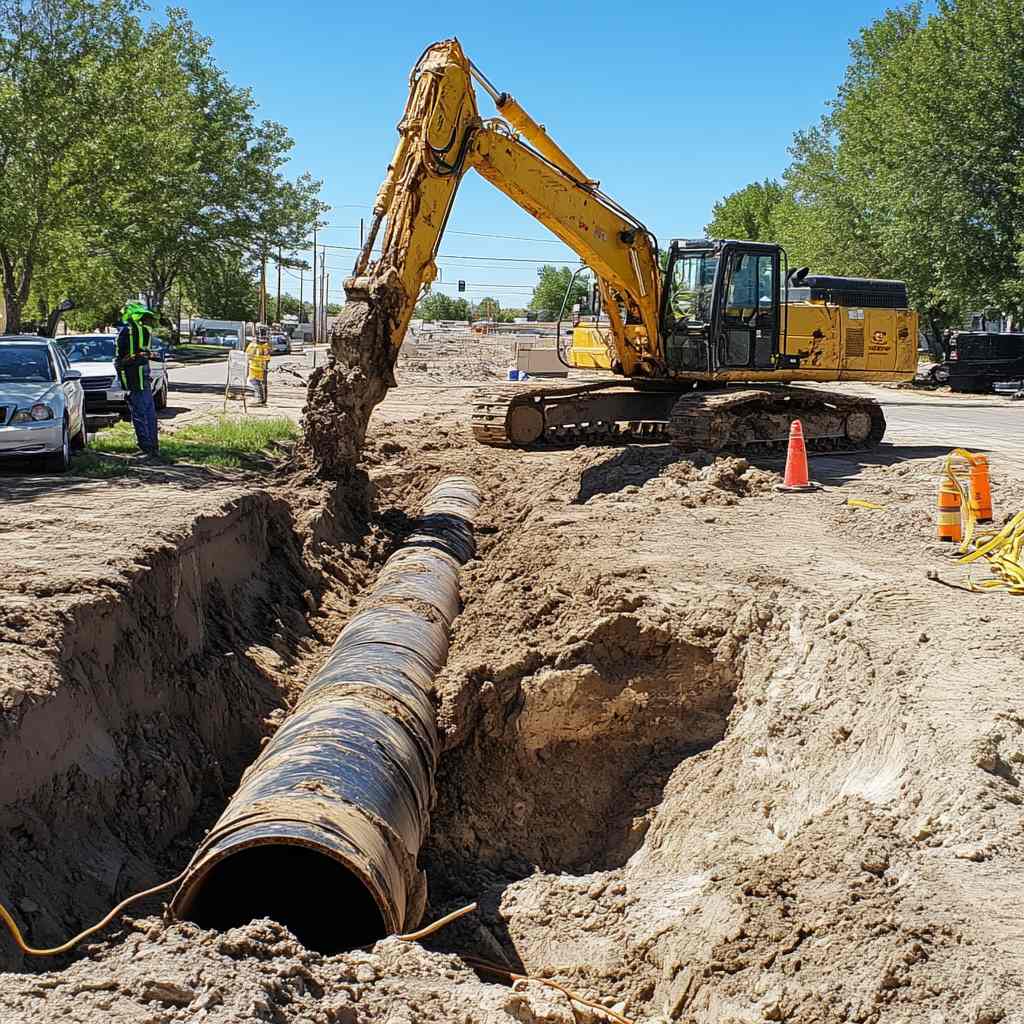
Water is one of the most damaging forces to a building’s foundation, making proper grading and drainage essential in quality excavation. Precision grading means that the surface is shaped to direct water away from the structure, preventing accumulation that can lead to erosion or foundation damage.
In addition to grading, effective drainage solutions (such as French drains, retaining walls, swales, and culverts) manage both surface and subsurface water. These systems help protect the foundation from water-related issues like cracking or settling while also preserving the surrounding landscape by preventing soil erosion.
Role of Excavation in Pipeline and Sewer System Installation
Excavation is the cornerstone of any successful pipeline or sewer system installation. This process is essential for guaranteeing that water, stormwater, and sewer lines are properly laid out and function efficiently for years to come. Here’s an overview of the steps involved:
- Site Assessment: The first step involves evaluating the area to understand factors like existing underground utilities, soil conditions, and environmental influences. This helps identify potential obstacles and makes sure the project will meet local regulations and safety standards.
- Digging Trenches: Precision is key when digging trenches to accommodate the pipelines. Excavation crews use specialized techniques to create accurate and safe trenches where the pipes will be laid. Proper trenching is important to maintain pipe integrity and allow for the necessary slope for drainage.
- Laying Pipes: After excavation, the next step is laying the pipes securely within the trench. It is vital that pipes are installed according to local codes and industry best practices to guarantee their durability and functionality. This process involves careful alignment, secure fittings, and ensuring that each section of pipe is properly supported.
Types of Pipes Installed:
- Water Lines: These pipes bring clean, potable water to homes, businesses, and other facilities, meaning a steady and safe water supply.
- Stormwater Drains: Designed to manage rainwater runoff, these pipes prevent flooding and erosion by directing excess water away from structures and into appropriate drainage systems.
- Sewer Pipes: These pipes transport wastewater from homes and businesses to treatment plants, playing a vital role in sanitation and public health.
Proper excavation makes sure these systems operate efficiently, reducing the risk of future issues like clogs, flooding, or contamination. It also makes sure that these systems remain reliable for the long-term, serving their intended purpose and contributing to the overall safety and sustainability of the infrastructure.e.
Common Sewer and Pipeline Excavation Challenges
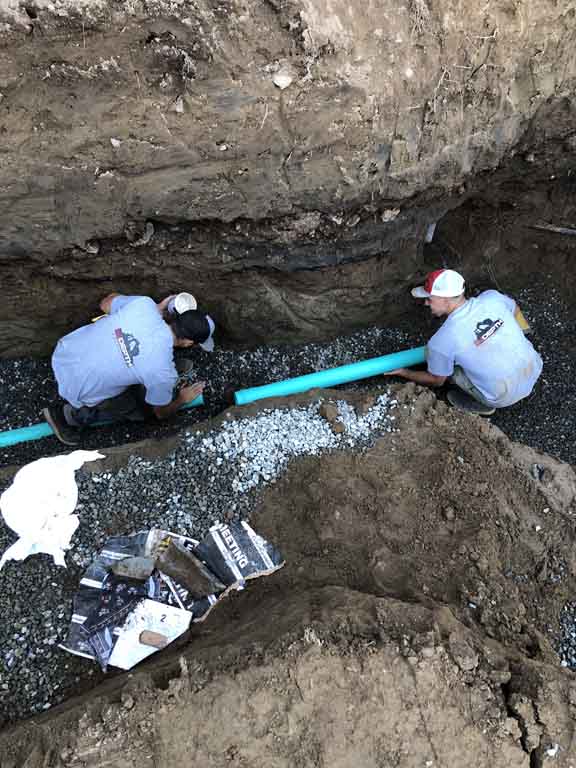
Excavation projects for sewer and pipeline installation often encounter various obstacles that can complicate the process. These challenges require careful planning and execution to ensure the success of the project. Some of the most common challenges include:
Underground Utilities:
- One of the primary challenges in excavation is navigating around existing underground utilities such as gas lines, electrical cables, and communication networks. These utilities can be deeply embedded and pose significant risks if damaged. Careful mapping, thorough site assessments, and the use of advanced detection technology are essential to avoid costly accidents and makes sure that all utilities remain intact throughout the excavation process.
Environmental Concerns:
- Excavation work must be carried out with great care to protect the surrounding environment. This includes preserving natural habitats, avoiding contamination of nearby water sources, and ensuring compliance with local and federal environmental regulations. In some cases, special measures such as erosion control, dust mitigation, and sediment barriers are necessary to minimize the environmental impact of the project.
Soil Conditions:
- Unstable or contaminated soil is another common challenge. Poor soil conditions, such as loose, sandy, or wet soils, can compromise the integrity of the excavation and affect the stability of the pipes being laid. In addition, contaminated soil may require special handling and disposal methods to prevent environmental hazards. Excavation crews must assess soil conditions carefully before and during the excavation process and take appropriate action, such as soil stabilization or using different techniques to make sure the stability of the trench and the integrity of the pipes.
Skilled companies like Indepth Excavation tackle these challenges using advanced equipment and methodologies, minimizing risks and delays.
Types of Pipeline and Sewer Excavation Projects
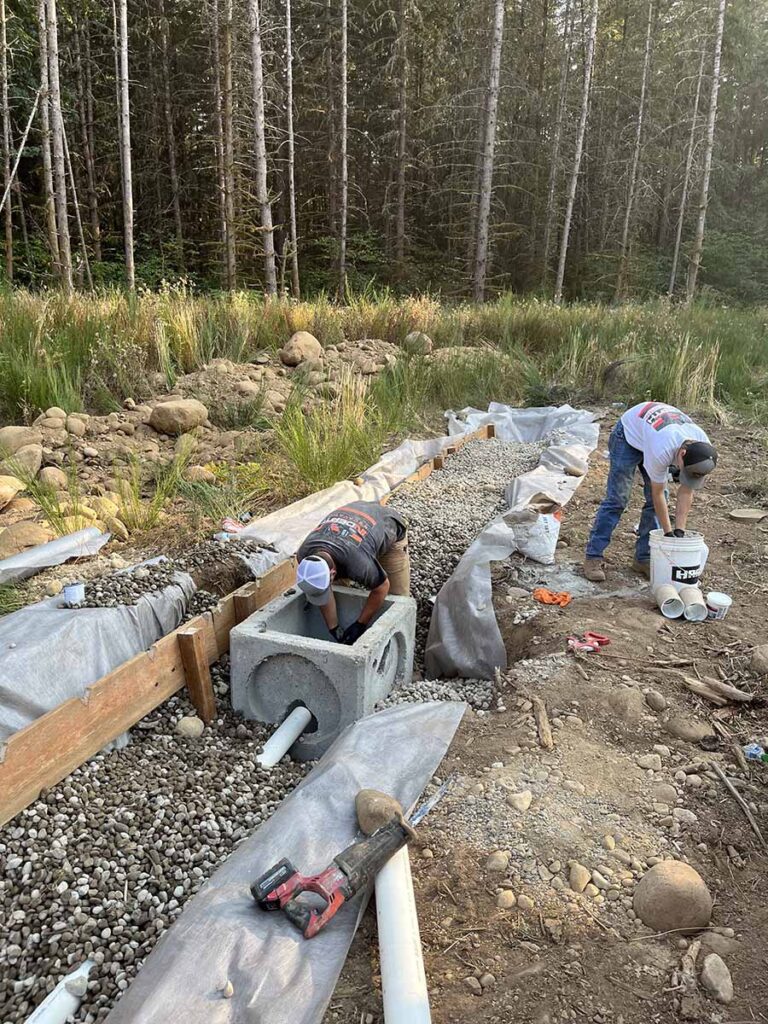
Pipeline and sewer excavation services aren’t just about digging holes, they’re about making sure the heart of your infrastructure works flawlessly. Whether it’s laying down the foundation for a brand-new development or fixing up an outdated system, these services cover it all. Here’s what we’re talking about:
New Construction Excavation:
When you’re building from the ground up, you need a reliable pipeline and sewer system to support everything. This type of excavation is ideal for new developments, whether it’s a residential neighborhood or a commercial complex.
- Collaborative Planning: From architects to engineers, we collaborate with the best to make sure that every pipe, every trench, and every angle is spot-on. The goal? A smooth installation that lasts for the long haul.
Repair and Replacement Excavation:
Pipes don’t last forever, especially the ones that have been under the ground for decades. If you’re dealing with cracked or collapsed pipes, it’s time to call in the experts.
- Upgrading to Better Materials: Old pipes can be a headache, but that doesn’t mean your whole system has to be. Replacing old, worn-out pipes with modern, durable materials means your system runs efficiently and stands the test of time. Say goodbye to constant repairs.
Municipal and Commercial Projects:
When it comes to large-scale excavations, we’re no strangers to big projects. From public utilities to commercial infrastructure, we handle it all. These aren’t your average backyard digs, they require precision, coordination, and an understanding of how vital these systems are to the community.
- Coordination with Local Authorities: These projects are about more than just digging a trench; they require tight coordination with local authorities, utility companies, and other stakeholders.
- Strict Regulatory Compliance: Let’s be real, no one wants to run into legal issues down the road. That’s why we pay close attention to every rule and regulation.
Equipment and Techniques Used in Pipeline and Sewer Excavation
Modern excavation relies on a combination of traditional machinery and innovative technology:
- Heavy Machinery: Backhoes, trenchers, and excavators for digging and moving earth.
- Hydro-Excavation: Uses high-pressure water to break up soil, reducing the risk of damaging underground utilities.
- Trenchless Methods: Techniques like pipe bursting and slip lining that minimize surface disruption.
Choosing the right equipment and techniques guarantees project efficiency, safety, and cost-effectiveness.
Importance of Compliance with Local Codes and Permits
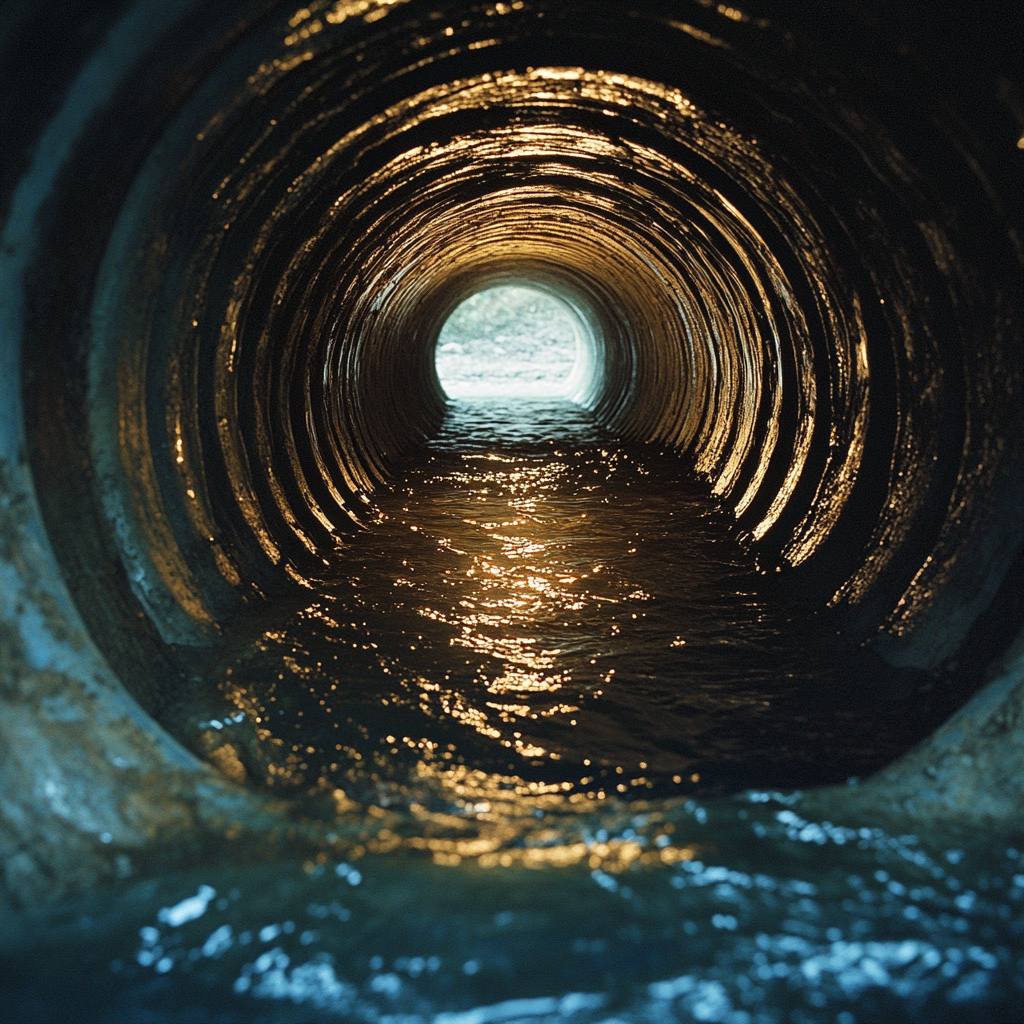
Compliance is non-negotiable in excavation projects:
Local Codes and Regulations:
- Staying up-to-date with Snohomish County’s building codes is critical for making sure that all excavation work meets legal requirements. These codes dictate everything from the type of materials used to the depth and placement of trenches. Properly adhering to these codes avoids costly fines and delays, garaunteeing the project runs smoothly and legally.
Permits:
- Securing the necessary permits before excavation begins is a important step in avoiding legal complications. Without the proper permits, projects can face significant delays or even shutdowns. Getting the correct permits ensures the work is in compliance with local regulations and meets all safety standards.
Safety Standards:
- Adhering to OSHA guidelines is non-negotiable when it comes to excavation projects. These safety standards protect workers, contractors, and the public, preventing accidents and ensuring that the project environment remains safe throughout the entire process. Following these regulations not only means safety but also helps avoid penalties and project delays.
Why Choose Professional Pipeline and Sewer Excavation Services?
Hiring experienced contractors like Indepth Excavation offers numerous benefits that make professional services indispensable for pipeline and sewer projects. Skilled professionals bring a deep understanding of the complexities involved in excavation, making sure that every aspect of the project is handled with expertise.
They prioritize safety by following proper procedures, significantly reducing the risk of accidents and injuries on-site. Quality assurance is another hallmark of professional services, as high-quality workmanship leads to durable and long-lasting results.
Pipeline and sewer excavation services are important for the development and maintenance of efficient infrastructure in Snohomish County. Professional excavation guarantees that installations and repairs are completed safely, efficiently, and in compliance with all regulations. If you’re planning a project that requires excavation, trust the experts at Indepth Excavation to deliver reliable and high-quality services.
